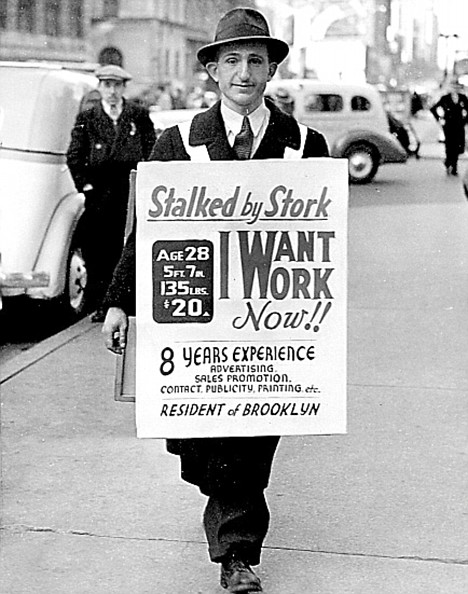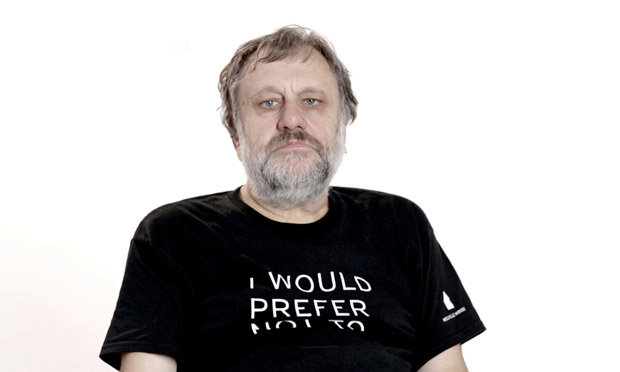 “A decent chemist is twenty times more useful than any poet” –Turgenev "There is nothing in the world for which a poet will give up writing.” – Celan I have been thinking of opening a small store-front with a sign that reads “A Poet, Make of a Conversation What You Will.” I would charge $50 an hour to answer questions regarding poetry, art in general (and philosophy and history if any wished). The room would hold three chairs: mine (with a small desk for writing or laptop) and two folding chairs. I would not want or expect more than two people at a time engaging me in discussion. After a time, perhaps setting up shop in my town would help anyone curious enough to enter, to ask questions to learn, for example, why poetry doesn’t rhyme so much anymore. Why and when did that stop happening? I see my plan as a contemporary poet’s version of Kafka’s hunger artist, starring me. My hypothetical plan would be also to bridge a gap between myself as a poet and the general community. It would indicate the distance between the culture and culture, and it may be that that I would record on the desk after someone leaves. The concept that many people have of poets is something romantic, not in the sense of the Romantic era so much as in the twisted, popularized version of how that tradition has come down to people. Most don’t read poetry at all and have no idea what goes into writing it or living the life that writes it today. Booksellers will attest to that. Perhaps the image of a lazy person waiting for inspiration to move them to write something that rhymes and is soothing to the image-maker’s sense of the world. However, the poet knows that for a host of reasons a literate person will stay clear of poetry, even the rhyming kind. The misunderstanding works in the culture’s favor, so young people who would like to be poets are frustrated until one-by-one each gives up. In fact, fewer and fewer people who graduate from college (or don’t) know what an artist, philosopher, or poet is and how one becomes a poet while many may be curious to know. The poet is so foreign to mainstream culture that anyone can call himself/herself a poet, and if s/he means business, publish a book of poems. It is for this reason that I write on my own experience, one that took place at the very beginning of the radical changes in the university. What makes a poet a poet and how one approaches creativity, and poetry specifically, are areas that I think I have come to understand in myself. One makes choices in life. One would think that if one decides to dedicate his/her life to becoming an engineer and focus on that field for twenty years, it would be nearly impossible for him/her to identify as a painter just as it would be crazy for a painter to choose to spend twenty years painting then decide to call himself/herself an engineer. However, the former happens more than the latter. Many people later in life turn to art for self-expression.
1 Comment
|
Archives
May 2024
Categories |

 RSS Feed
RSS Feed